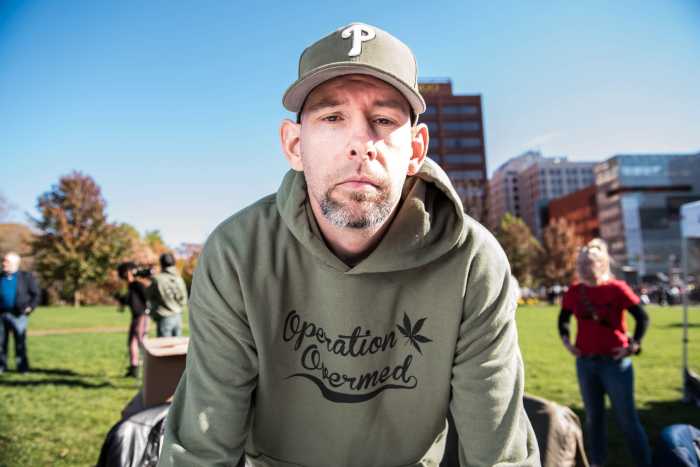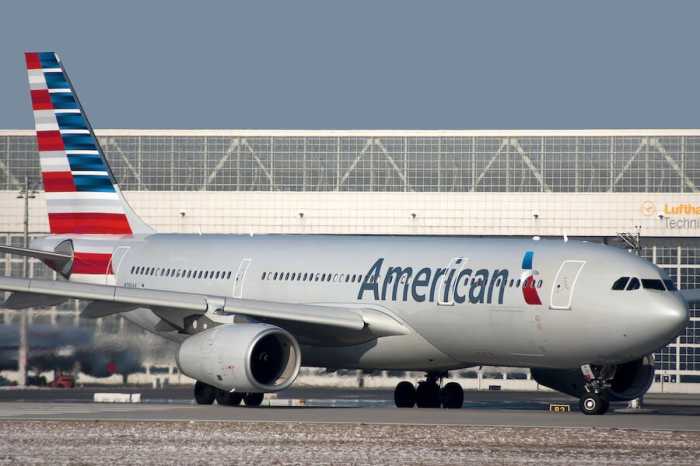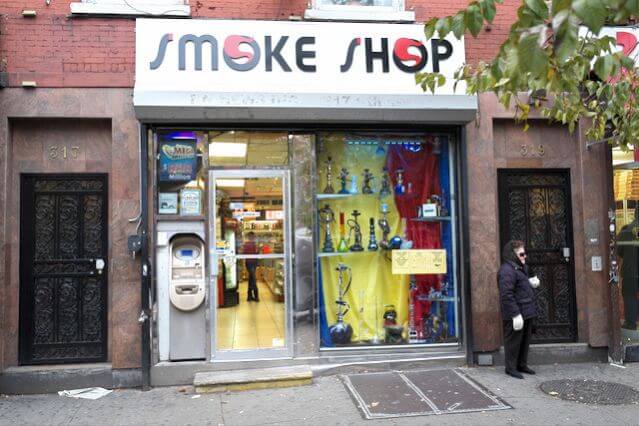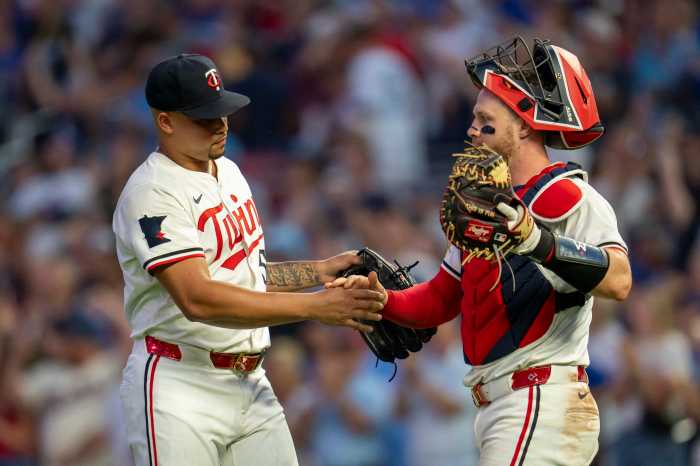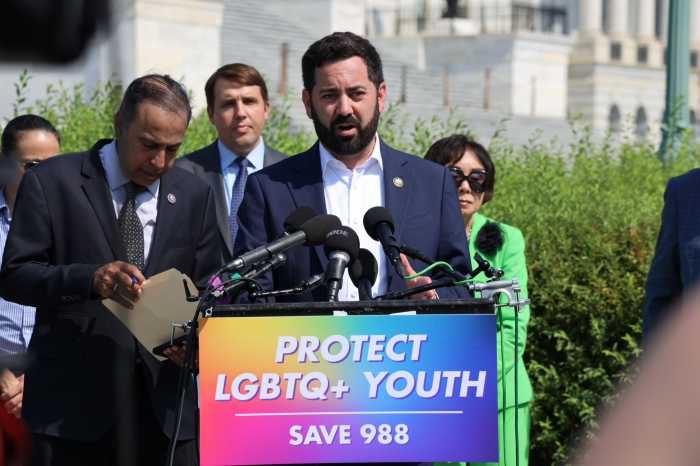If pro-marijuana politicians and activists have their way, Pennsylvanians could have a chance to pick up a bag of grass at their nearest state liquor store in the near future.
If it sounds unlikely, keep in mind this proposal wasn’t cooked up in a haze of smoke by Cheech and Chong. This pipe dream is being pitched by West Philly’s very own state representative, Jordan Harris. “Our concept is you legalize marijuana and you make it accessible through the wine and spirits stores that we already own as a state,” Harris said. “It repurposes the wine and spirits stores and gives us a new industry, marijuana, right here in Pennsylvania.” Harris spoke about his vision at a pro-marijuana legalization rally held in Center City on Sunday. He said he is seeking co-sponsors for his bill and hopes to introduce it before the entire state House this week. RELATED:Pizza Brain founder goes public with weed treatment for son’s cancer “When you have a Commonwealth that is as cash-strapped as we are now, with a $2 billion deficit, I think the smart move is to legalize it and then let the taxpayers benefit,” Harris said. “There could be a big industry in Pennsylvania, and quite honestly, we could stop wasting tax payer money on incarcerating people for small amounts of marijuana.” Chris Goldstein, a board member with the Philly chapter of the National Organization for the Reform of Marijuana Laws (NORML), called Harris’ proposal the most “comprehensive” idea for legalizing marijuana statewide. “My estimate is there are probably 850,000 Pennsylvanians who are cannabis consumers, and they may be spending up to $2 billion a year on underground cannabis products right now,” Goldstein said. “If you reasonably taxed those products and brought it above-board, the state could see millions of dollars in revenue.” In Colorado, where marijuana is legal for medical and recreational use, there were roughly $1 billion in marijuana sales in 2015. Goldstein noted that Pennsylvania has twice that state’s population. Harris’ proposal hinges on the idea of transitioning Pennsylvania’s state stores that sell wine and liquor to include marijuana retail operations.
RELATED:Philly to become first big city on East Coast with electric buses “We already have stores that control the consumption of a substance in place throughout the Commonwealth, those employees are state employees, they know how to handle it,” Harris said. “My theory is, since we already have that structure, there’s no need to reinvent the wheel. We already have that, we can control it.” Wendell Young IV, president of UFCW Local 1776, which represents about 3,500 state store workers, called selling marijuana at the shops “just a common-sense thing to do.”
“We have a highly-trained staff to handle what is the most abused drug in the nation, alcohol. They’ll do just as excellent a job handling marijuana,” Young said. “Everything’s already in place. You’re just selling a different product.” But does it have a chance of becoming actual law? State Senator Daylin Leach’s marijuana legalization bill, first introduced in 2013 and re-introduced in 2015, hasn’t made progress toward becoming law. Leach’s bill also proposed selling marijuana through state stores. “When you have a good idea in state legislature, you want to share it,” said Leach’s spokesman Steve Hoenstine. “The more support, the better.”
The momentum to legalize marijuana is growing in Pennsylvania and nationwide. A bill legalizing medical marijuana in Pennsylvania was signed by Gov. Wolf in March, while marijuana is already legal for recreational use in Colorado, Oregon, Washington, Alaska, and in Washington, D.C. States like Nevada, Missouri and Massachusetts are currently weighing legalization as well. “Every year there’s going to be more of them,” Goldstein said. “If it were up to voters and we had a ballot initiative here in Pennsylvania, this would already be a done deal.”
But “I’m not saying we’re going to get this done tomorrow, or this year,” Harris admitted.
“What I hope is that the nuances to this approach creates a new conversation, and a willingness to actually do it — and not just the automatic ‘no’ we’ve gotten in the past.”
Philly state rep. hoping for some pot luck with weed proposal

Courtesy of Philly NORML



